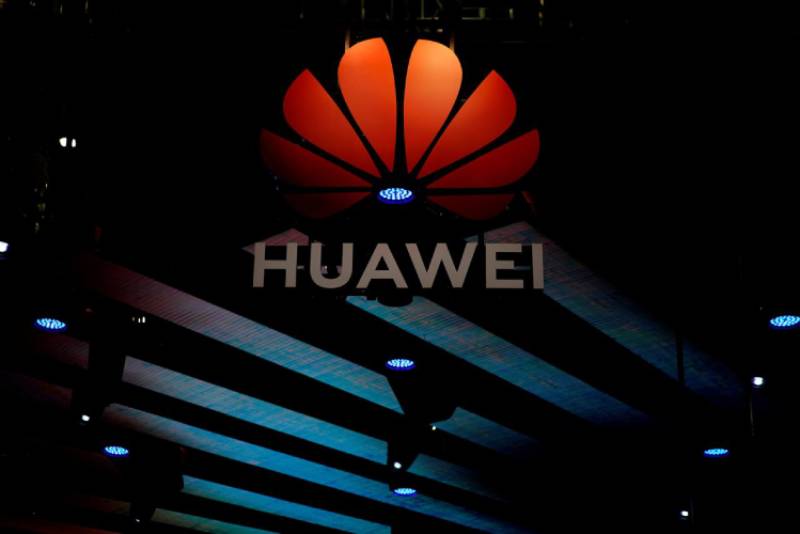×
The Standard e-Paper
Stay Informed, Even Offline

Huawei is willing to sign no-spy agreements with governments, including Britain, the Chinese telco company’s chairman said on Tuesday, amid U.S. pressure on European countries to shun the firm over espionage concerns.
Washington has told allies not to use Huawei’s technology to build new 5G networks because of worries it could be a vehicle for Chinese spying, an accusation the company has denied.